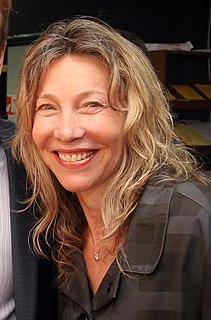A Quote by Linda McQuaig
A tight-money policy reinforces inequality in two ways. Its high interest rates disproportionately reward the rich, and the resulting unemployment disproportionately punishes the poor.
Quote Topics
Related Quotes
Prohibition, like so many other policies imposed from the moral high ground, typically by those who do not drink, disproportionately affects the poor who resort to illegally brewed alcohol when they want a drink, not infrequently leading to their death, and are more likely to be harassed by the police.

































